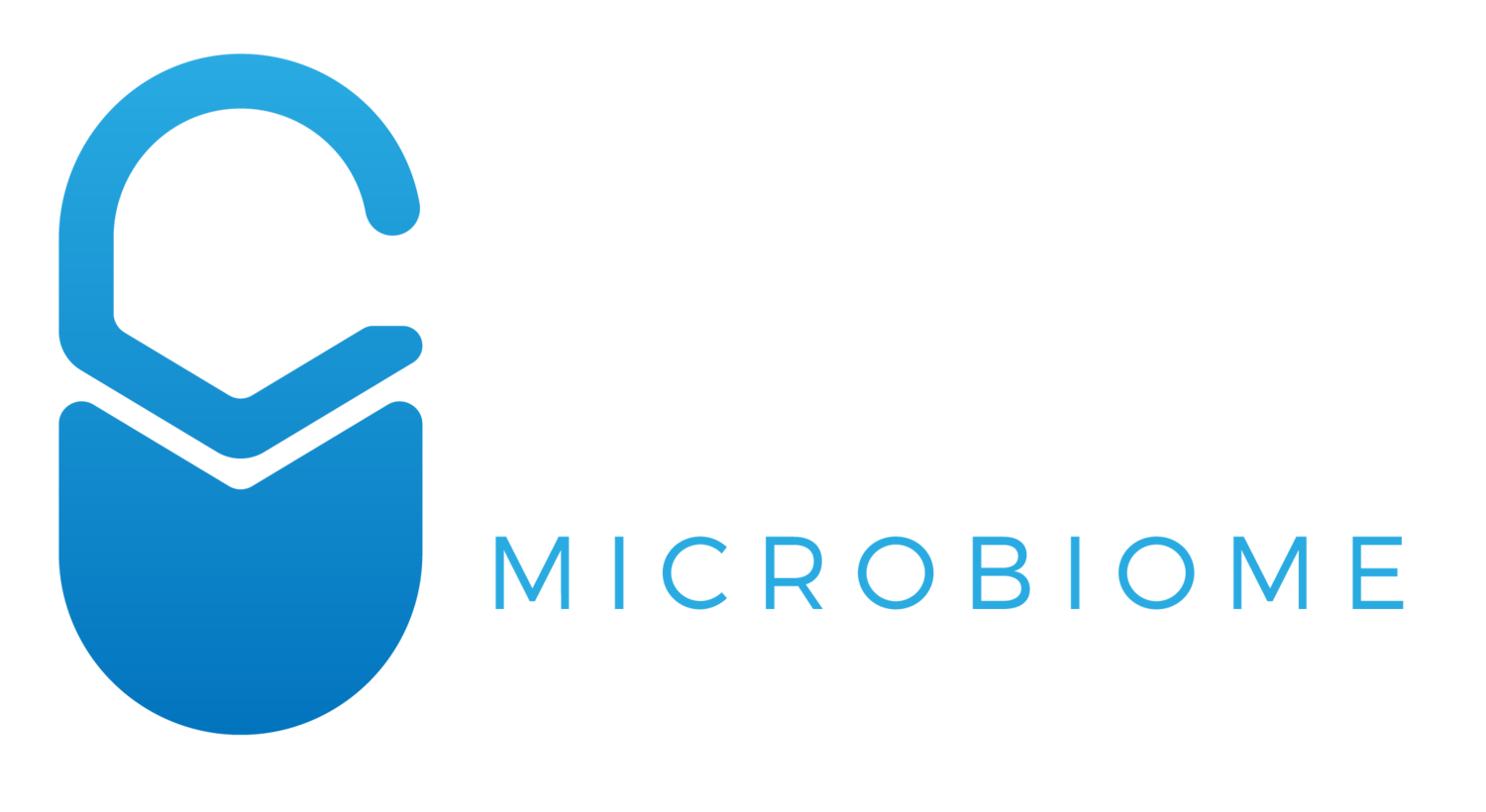Probiotics and Lactic Acid: Breaking it Down
Probiotics have been buzzing words in health and nutrition circles for some time now. Most of us recognize them for their role in digestive health, immunity, and even mental well-being. However, fewer people are aware that certain probiotics can also assist in breaking down lactic acid, which can be particularly beneficial for athletes and those engaged in high-intensity physical activities. Let’s dive into this fascinating interplay between microorganisms and muscle function.
What is Lactic Acid?
Lactic acid is a compound produced in our muscles during intense physical activity. As we exert ourselves, our body begins to produce energy anaerobically, meaning without the use of oxygen. This anaerobic process leads to the creation of lactic acid. In moderation, this isn’t problematic, but during strenuous workouts, a buildup can lead to muscle fatigue, pain, and cramping.
The Probiotic Connection
So, where do probiotics come into the picture? Probiotics are live bacteria and yeasts beneficial for our health, particularly our digestive system. Some of these beneficial bacteria, especially those from the Lactobacillus family, are lactic acid bacteria. This means they can produce lactic acid but, more importantly for our context, they can also break it down and metabolize it.
How Probiotics Help Break Down Lactic Acid
1. Direct Metabolism: Lactic acid bacteria can take in lactic acid and convert it into other compounds, often as part of their metabolic processes. This can potentially assist in reducing lactic acid buildup in our bodies.
2. Boosting Overall Gut Health: A healthy gut can support overall bodily functions, including the efficient removal of waste products like excess lactic acid. By promoting a balanced gut microbiome, probiotics might indirectly support lactic acid breakdown.
3. Supporting Immune System: Some research suggests that a robust immune system can help manage and clear out lactic acid from the body. Given that certain probiotics are known to boost immune function, there’s potential for them to play a role in managing lactic acid buildup this way.
Implications for Athletes
For those who engage in sports or frequent high-intensity workouts, managing lactic acid can mean faster recovery times and reduced muscle soreness. Including probiotics in one’s diet might offer an edge in managing lactic acid buildup.
In Conclusion
While more research is needed to fully understand the extent of the relationship between probiotics and lactic acid breakdown, the initial findings are promising. Whether you’re an athlete, a fitness enthusiast, or just someone looking to optimize your health, it might be worth considering the potential benefits of integrating probiotics into your wellness routine.
